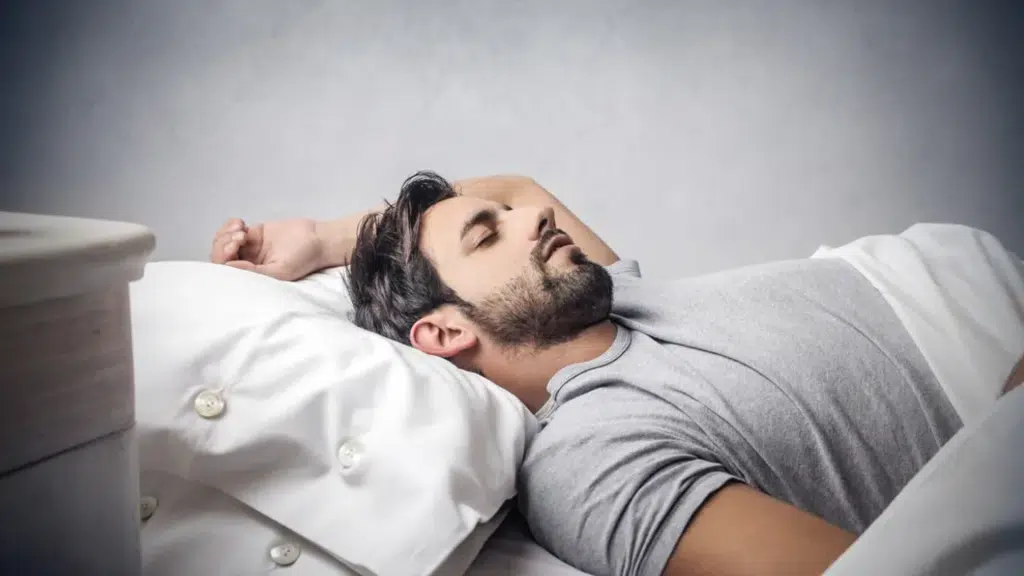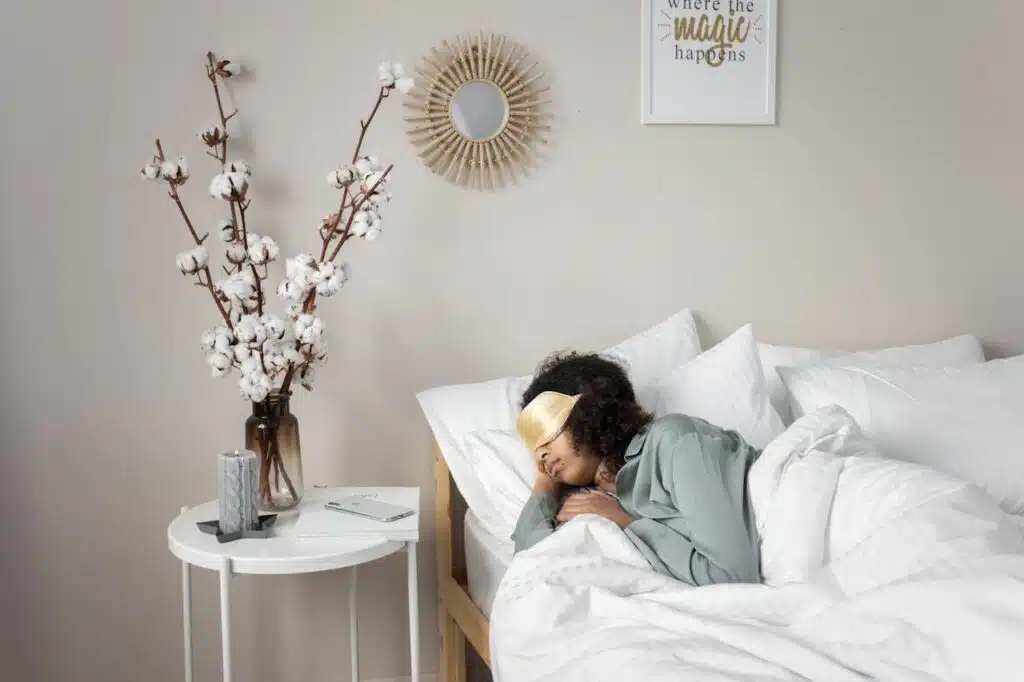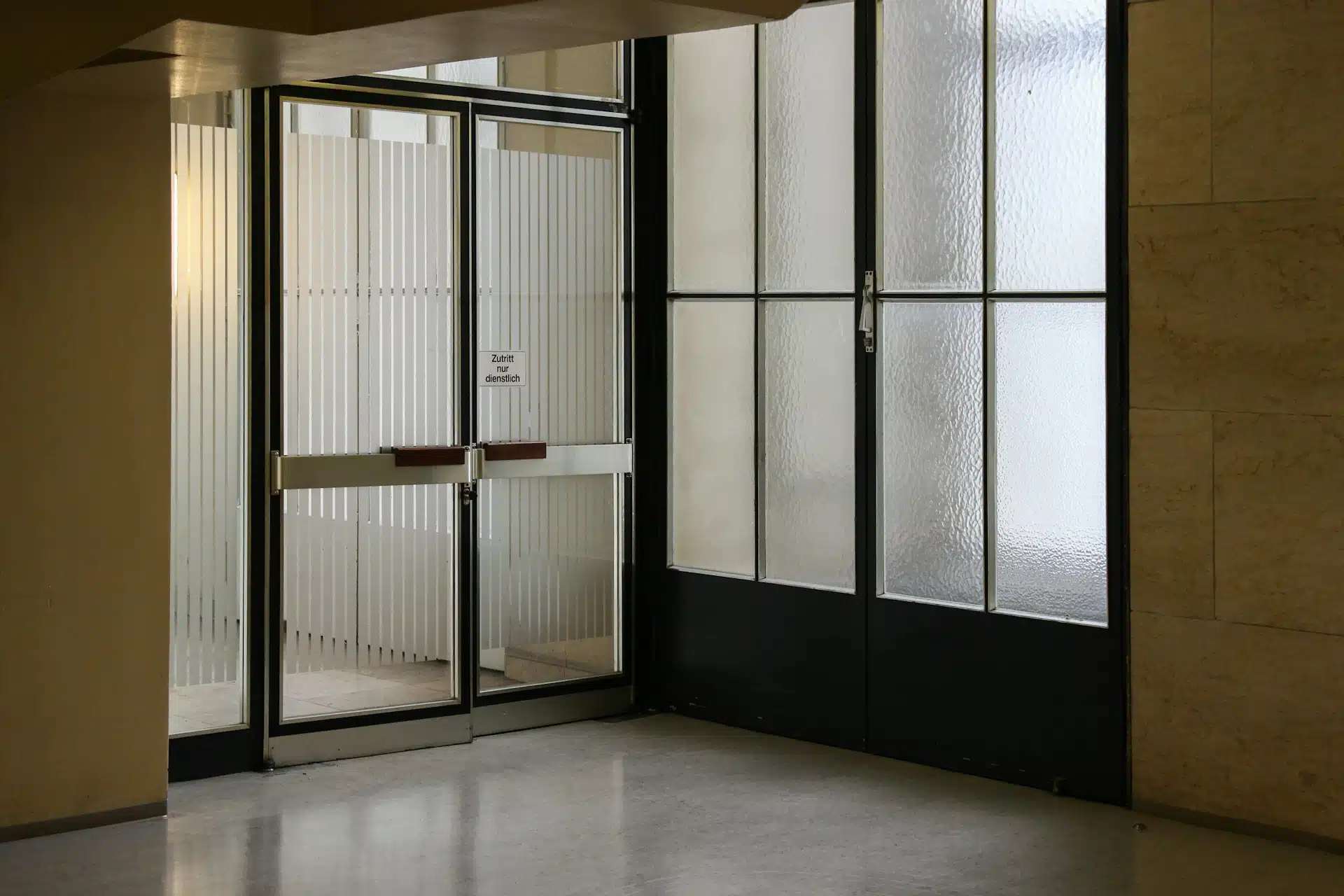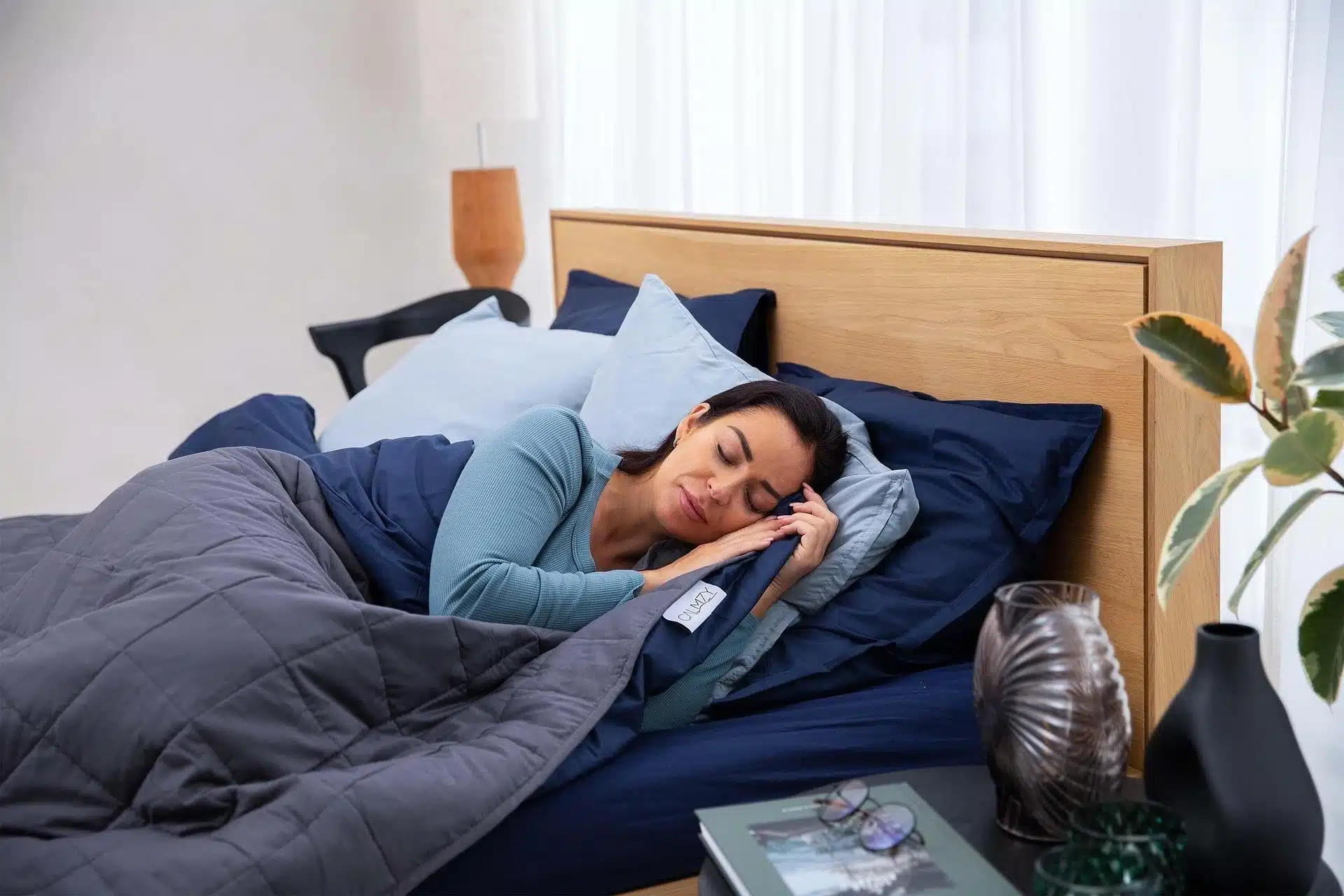It’s hard to relax when your heart skips, flutters, or races the moment you lie down. If that sounds familiar, the way you sleep could be part of the problem, and the solution.
Finding the best sleeping position for heart palpitations might ease the discomfort and help you rest more peacefully.
I’ll walk you through what’s helped others, how to try small changes at home, and when to pay closer attention to your symptoms. Let’s see how a simple shift in position could calm your heart at night.
Understanding the Causes of Heart Palpitations
Heart palpitations can be triggered by a variety of factors, including stress, anxiety, caffeine intake, vigorous exercise, and certain medications.
Underlying health conditions like arrhythmias, thyroid issues, or heart disease can also contribute to palpitations.
Additionally, lifestyle factors such as poor sleep, sleep apnea, and even sleeping positions may exacerbate the sensation.
Understanding these causes is crucial in managing palpitations effectively and knowing when further medical evaluation is necessary.
Recognizing When Heart Palpitations Are a Warning Sign
While occasional heart palpitations are usually harmless, they can sometimes signal a more serious issue. Warning signs include chest pain, dizziness, fainting, or shortness of breath, especially when paired with palpitations.
If palpitations are frequent, persistent, or occur with other symptoms like pain or fatigue, it’s important to seek medical attention.
Differentiating between benign and potentially dangerous palpitations helps ensure that any underlying heart conditions are addressed promptly for better health outcomes.
Best Sleeping Position for Heart Palpitations
Sleeping position plays a crucial role in managing heart palpitations, as different positions can affect heart pressure and palpitations.
1. Left-Side Sleeping: Why It May Worsen Palpitations

Sleeping on the left side brings the heart closer to the chest wall, making palpitations more noticeable.
This position may exacerbate palpitations due to increased pressure and proximity, especially if you have underlying heart conditions. For some, this intensifies the sensation of irregular heartbeats during sleep.
2. Right-Side Sleeping: A Better Option for Some

Right-sided sleeping helps reduce palpitations for many people by positioning the heart further from the chest wall. This can minimize pressure on the heart, potentially easing the sensation of palpitations.
For individuals with heart conditions such as arrhythmias, this position may be more comfortable, allowing for better rest without experiencing heightened palpitations or discomfort.
3. Back Sleeping: The Best Position for Many

Sleeping on the back evenly distributes body weight, reducing pressure on the heart. This position is ideal for some individuals as it helps maintain a neutral posture, supporting the heart’s function.
Back sleeping can alleviate neck and back pain, and for many people, it offers the most balanced and comfortable sleep without aggravating palpitations.
Guide on Experimenting with Sleeping Positions
To find the best sleeping position for heart palpitations, it’s important to experiment with different positions and track symptoms. This structured approach can help you identify what works best for you.
- Start with a baseline position: Choose a common position (e.g., left side, right side, or back) to begin testing.
- Track symptoms: Use a sleep log to record the severity of your heart palpitations each night, along with any other symptoms like discomfort or pain.
- Test different positions: Rotate positions every few nights to gauge how your body responds. Try sleeping on your left, right, and back, and note any changes in palpitations or comfort.
- Monitor over time: After 1-2 weeks, assess whether certain positions offer relief or worsen your palpitations.
- Evaluate overall sleep quality: Consider other factors such as sleep quality and comfort, in addition to palpitations.
Pillow Adjustments and Sleep Aids

To optimize sleeping positions, consider adjusting your pillow placement. Here’s how to use different pillows and sleep aids to make your position more comfortable and supportive:
- Wedge Pillows: Use a wedge pillow to raise your upper body while sleeping on your back. This can reduce pressure on the heart and help alleviate palpitations, especially if you have acid reflux or sleep apnea.
- Body Pillows: A body pillow can support side sleeping by keeping your body aligned and reducing unnecessary pressure. It can prevent you from rolling onto your left side, where palpitations may worsen.
- Adjustable Beds: Consider using an adjustable bed that allows you to elevate your head or legs to a comfortable angle, reducing heart pressure during sleep.
- Memory Foam Pillows: These provide customized support for your neck and spine, helping maintain proper posture while sleeping on your back.
Experiment with these aids to determine which works best for you in reducing palpitations and ensuring more restful sleep.
Common Sleep Disorders Related to Heart Palpitations
Certain sleep disorders can exacerbate heart palpitations by disrupting heart rate and rhythm, resulting in nighttime discomfort.
Sleep Apnea and Heart Palpitations
Sleep apnea is a condition where breathing repeatedly stops and starts during sleep. This can cause a drop in oxygen levels, triggering heart palpitations.
The stress on the heart from disrupted breathing can lead to arrhythmias or irregular heartbeats, making palpitations more noticeable. Treatment often includes CPAP therapy or positional adjustments during sleep.
Insomnia and Heart Palpitations
Insomnia, or the inability to fall or stay asleep, can increase stress levels, which may trigger or worsen heart palpitations. The lack of rest can elevate adrenaline and cortisol, both of which can increase heart rate.
Chronic insomnia may lead to fatigue, making it harder to manage palpitations effectively. Improving sleep hygiene can help.
Atrial Fibrillation and Sleep
Atrial fibrillation (AFib) is a type of arrhythmia that causes an irregular heartbeat. People with AFib may experience palpitations during sleep, especially when lying on their left side or in certain sleep positions.
Sleeping on the back or right side can sometimes help alleviate the discomfort. Regular monitoring by a doctor is essential for managing AFib.
Restless Leg Syndrome (RLS) and Heart Palpitations
Restless Leg Syndrome (RLS) causes an uncontrollable urge to move the legs, often disrupting sleep. The discomfort and frequent movements can trigger anxiety and stress, which may lead to heart palpitations.
Additionally, RLS can cause sleep deprivation, exacerbating the heart’s response to stress. Managing RLS through lifestyle changes or medications can improve sleep quality.
Nighttime Anxiety and Heart Palpitations
Anxiety that intensifies at night can lead to heart palpitations. Worrying about sleep or health issues can increase cortisol levels, resulting in an elevated heart rate.
Nighttime anxiety often worsens palpitations, creating a cycle of fear and discomfort. Techniques like relaxation exercises, deep breathing, and therapy can help manage nighttime anxiety and reduce palpitations.
How to Recognize These Disorders
To identify sleep disorders, monitor symptoms like snoring, breath pauses, restlessness, and frequent waking. Experiment with sleep position changes and track palpitations to determine if relief occurs.
How Do I Stop Heart Palpitations When Lying Down?
Heart palpitations while lying down can be distressing, but there are several strategies you can try to alleviate the discomfort:
- Adjust Your Sleeping Position: Experiment with different sleeping positions, such as sleeping on your right side or on your back. These positions can reduce pressure on the heart, potentially easing palpitations.
- Use Pillows for Support: Raise your upper body with a wedge pillow or use a body pillow to maintain an ideal sleeping posture. This helps reduce pressure on the heart and can improve circulation.
- Create a Relaxing Sleep Environment: Ensure your bedroom is calm and dark, and avoid blue light from screens at least one hour before bed. Relaxation techniques like deep breathing or meditation can help calm your heart.
- Stay Hydrated and Avoid Stimulants: Drink enough water and avoid caffeine, alcohol, and large meals before bedtime. These can trigger or worsen palpitations during sleep.
If palpitations persist despite trying these methods, it’s important to consult a doctor for further evaluation.
Incorporating Sleep Hygiene and Lifestyle Factors
Sleep hygiene and lifestyle choices play a critical role in managing heart palpitations, improving sleep quality, and overall heart health.
Importance of Sleep Hygiene
Establishing a consistent sleep schedule and creating a calming bedtime routine can significantly reduce the occurrence of heart palpitations.
Limiting blue light exposure from screens at least one hour before bed helps signal your body that it’s time to relax. A relaxing environment, like a cool, dark room and soft bedding, also promotes better sleep and heart health.
Diet and Hydration Tips
Avoiding caffeine, large meals, and alcohol before bedtime can help prevent heart palpitations, as these can stimulate the heart or affect sleep quality.
Eating smaller, lighter meals in the evening allows your body to rest without unnecessary stress. Staying hydrated helps balance electrolytes, which is essential for maintaining a steady heart rhythm and preventing nighttime palpitations.
Stress-Relief Practices
Practices like meditation, deep breathing, or gentle yoga before bed can calm your mind and body, reducing the impact of stress on heart health. These techniques promote relaxation and help regulate the nervous system, which can ease the physical sensations of heart palpitations.
Incorporating them into your nightly routine ensures a peaceful transition to sleep, improving overall heart health.
When to Consult a Doctor
If heart palpitations become frequent, severe, or are accompanied by chest pain, dizziness, fainting, or shortness of breath, it’s crucial to seek medical advice.
These symptoms may indicate an underlying heart condition that requires professional evaluation.
Additionally, if palpitations disrupt your sleep regularly or worsen with specific positions, consulting a doctor will help rule out any serious issues.
Early intervention can prevent complications and ensure that you receive the appropriate treatment or lifestyle adjustments.
Conclusion
By now, you should have a better understanding of the best sleeping position for heart palpitations and how it can help ease discomfort.
Experimenting with different positions and incorporating simple sleep aids could lead to better rest and fewer palpitations. Remember, it’s all about finding what works best for your body.
If you’re still struggling, don’t hesitate to reach out to a healthcare provider. Check out more of my blogs for additional tips on managing heart health and improving sleep. Start feeling better tonight.









